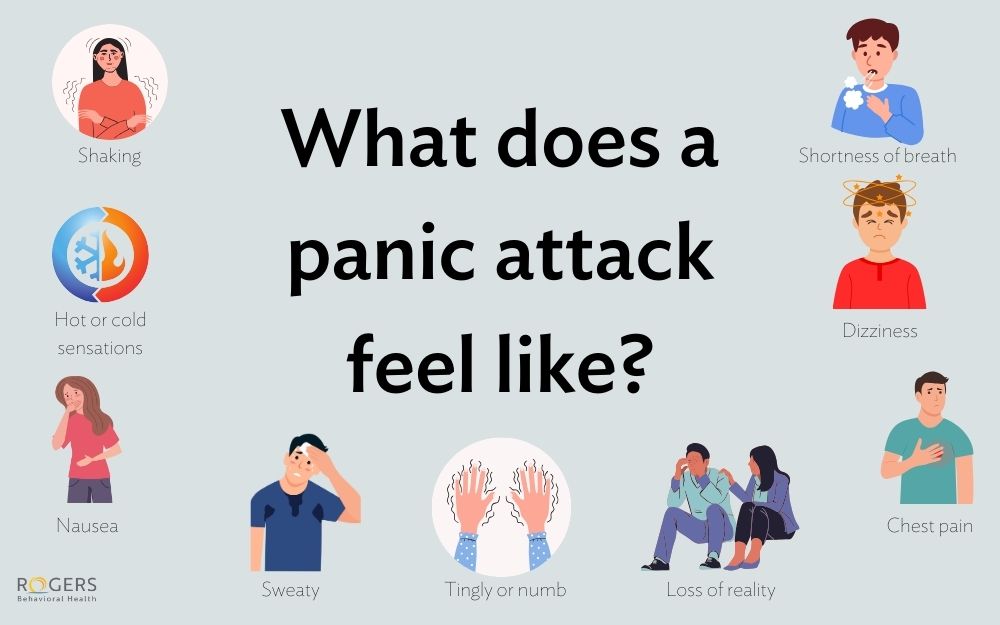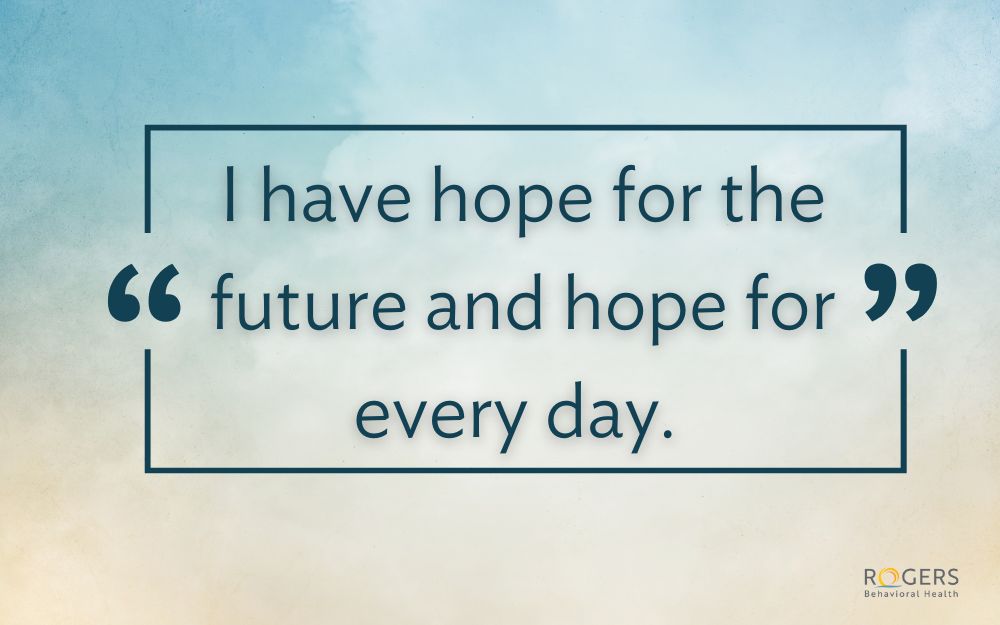How to continue the conversation about racism and social injustice
Posted on 08/04/20 03:34:pm
Share this article:
Since May 25, 2020—the day George Floyd was killed by a Minnesota police officer—there’s been an outpouring of sadness and anger all over the world. Our nation stands at a critical turning point in history.
“We need to not forget and return to our normal lives, which is what people tend to do after something like this happens,” says Gabrielle Jones, PhD, clinical services supervisor for Rogers Behavioral Health’s San Francisco East Bay clinic. “There’s rage and shock at first along with calls for change which people initially commit to. But over time in the past, most people went back to life as usual. It’s similar to when there’s a death. People send cards and flowers, they bring meals for a while, and then people move on.”
Dr. Jones says the key to real change is continued and consistent conversations at home and in the workplace. “Talking about race and racism can be uncomfortable,” Dr. Jones says. “We need to open the door to those conversations with grace and humility if we hope to end cultural oppression and institutionalized racism in the long term. In the short term, raise awareness and understanding about how our power and privilege impact lives every day.”
Dr. Jones suggests these steps for keeping the conversation going:
1. Acknowledge we’re not where we want to be.
“More than 400 years of racism are not going to change overnight. Sometimes you can feel helpless due to the big shift that’s needed, but we can’t stick our heads in the sand and be silent. As we teach Rogers’ patients through dialectical behavior therapy (DBT), opposites can coexist. You can feel overwhelmed and still contribute to systemic change, or you can be part of a marginalized group and still have privilege.”
2. Explore resources about racism.
“The resources in this list compiled by Sarah Sophie Flicker and Alyssa Klein share many ways we can educate ourselves about racism including books, videos, and podcasts. I’d advise against consuming it all at once as that breeds exhaustion.”
3. Examine how you lead change in the workplace.
Some organizations are responding to these times by adding discussion groups and additional resources for employees. “Often people of color are seen as the ones to carry the load and do extra work when something race-related happens.”
Sue McKenzie, vice president of healthy culture at Rogers, says, “One of the roles of a leader is to ensure employee voices are heard where decisions are made. Organizations dedicated to greater equity need to implement processes that seek out and respect employee input at all levels.” She adds, “It’s important that leaders acknowledge the unique challenges that people of color face in the workplace and approach race relations with the expectation that all employees will work together to make change.”
4. Increase awareness of cultural competency in the workplace.
“In celebration of BIPOC (Black, Indigenous, People of Color) Mental Health Month, Rogers offered e-courses to employees on the topic of cultural competency. I applaud that effort and think it’s a great start. Other companies should consider doing something similar.”
5. Be other-focused
“Get to the bottom of what your why is. Why are you joining the fight for change? Instead of focusing on what you’re doing, like the books you might be reading, think about how you can make changes to impact other people. Recognize we can all do this together and we can all contribute to making change.”
As you discuss the topic with friends and colleagues of color, be in a listening mode and ask how you can be supportive. It’s also important that white people discuss these issues with their white friends and colleague and challenge each other to new ways of thinking.
Finding help at Rogers
Continuing the conversations regarding racism and injustice is critical for society and the mental health of all people. If you or someone you love is struggling with mental health issues during these challenging times, Rogers offers compassionate, evidence-based care nationwide. Call 800-767-4411, or request a free, confidential screening online.



